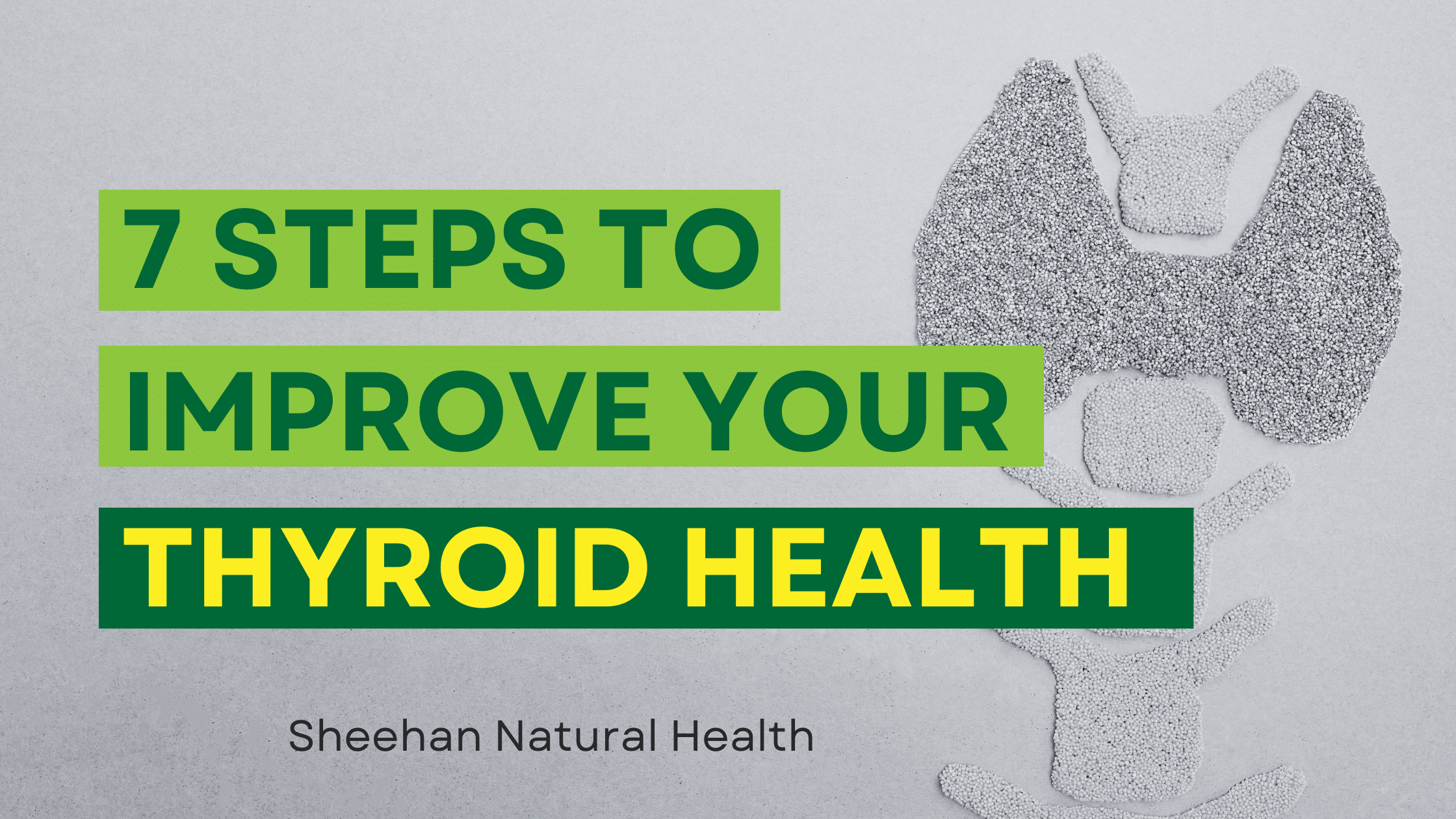When people come in to my office, and we start talking about diet, and we start talking about carbs, they invariably say “are all carbs bad for you?” This is a difficult question to answer, because it’s not about bad or good, it’s about what carbs your body need and can handle, and how much of each. Every person is different, but there’s some good rules to follow. Now keep in mind, this is not the article about simple vs complex carbs, or refined vs unrefined, or something else like that. It’s literally what myself and other nutritional specialists have observed after treating thousands upon thousands of new patients. It’s more about how to practically apply knowledge of carbohydrates vs theoretical what they’re made of, and how they work in the body (although there’s a place for that, most people just want to know what they should and shouldn’t eat. So here it is).
- White Trash, or White Death, as Arnold Schwarzenegger would call it. Yup, the worst of the worst, white sugar, and white flour and all of its family. I would include in this any refined sugar, and any refined flour, and all its family, cousins, and extended family. Here you’ll find candy, cakes, soft drinks, juice drinks and fruit juices (even though fruit juices are from fruit, they are still concentrated sugars. I’ve seen them be responsible for serious health problems like high cholesterol, high triglycerides, weight gain, obesity, high blood pressure, suppressed immune function, etc.), cookies, pies, bagels, bread, pasta, doughnuts, rice, rice cakes, pastries, I think you get the point. These are bad. No one does well with them. They might get away with them for a while, but eat enough of them, and they will catch up to you. Remember the insulin surge caused by these foods may not cause weight gain, high blood sugar, and or triglycerides, it might just cause high cholesterol, blood pressure, or they may just be causing hormonal problems or tumor growth. Avoid them at all costs.
- Whole grains. People are often surprised that I tell most of my patients to avoid them. Why would I do that? Aren’t they supposed to be “good carbs?” Don’t they have B vitamins and fiber? Well, here’s the rub. A lot of people have digestive sensitivities to them, and they aggravate any health condition they have. You get more B vitamins from certain veggies, and definitely meat. You can get plenty of fiber once again from veggies. Also, it’s very easy to overdo it with these. Take for instance brown rice. One cup has 45 carbs (ok, so only 41.5 net carbs, since it has 3.5 grams of fiber)! Considering that most people can only handle 70-100 grams of carbs per day for optimum sugar balancing, having whole grains once per day can severely limit the amount of vitamins and minerals you can get from other carbs, like fibrous veggies. In this category I’d put brown rice, whole wheat (although I’d avoid this altogether because almost all of my patients with symptoms are sensitive to it, some severely), quinoa (although it’s not as high in carbs as other grains), corn, barley, spelt, and other grains. The low down on grains is that you are not looking to lose weight, and that you don’t have health problems, you can eat them sparingly. If you’re looking to lose weight, balance blood sugars, inflammation, or reverse an illness, avoid them. They have a sneaky way of getting in to your diet.
- High carb veggies-In here are things like potatoes, sweet potatoes, beans, certain squashes, beets, and some others. They are packed with vitamins, minerals, and fiber, and some are especially high in potassium (extremely important for liver health, especially in how it processes sugars and fats). They are good for you, but depending on how well you handle carbs, you may need to limit these. For example, for someone with diabetes or pre-diabetes, or some kind of inflammatory condition, I’d only eat them sparingly. Basically, this is a grey area, and you’ll have to use some judgement.
- High carb fruits-In here are bananas, pineapple, mango, and of course dried fruit. Once again, it’s not that they are bad for you, they are actually good for you if you can handle sugar. For someone with diabetes or prediabetes, or some kind of inflammatory condition, I’d only eat them sparingly.
- Medium carb fruits-In here you’ll find apples, oranges, pears, cherries, blueberries, grapefruit, etc. You can eat more of these, even if you’re a little carb sensitive. But not too much, or you’ll blow your carb count, and aggravate any condition you have.
- Low carb fruits-In here are strawberries, raspberries, and blackberries. You can eat almost as much of these as you want. Eating a little here and these won’t even bring someone out of ketosis if they are in a ketogenic diet usually! I put them in my shakes if I’m trying to lose weight, I love fruit.
- Low carb, or fibrous veggies-There are a huge number of fibrous, low-carb veggies. There loaded with fiber, vitamins, and minerals. You can, and should eat a ton of these. I try and eat at least 10 cups of leafy greens per day (yup, 10 cups). You need a lot to support liver detoxification, and balance blood sugar. Some favorites (but I’m not listing them all) are broccoli, cauliflower, kale, Brussel sprouts, spinach, salad greens, peppers, squash, zucchini, onions (a little on the high side of carbs, but not bad), and the list goes on and on. Unless you’re on a strict ketogenic diet, you can eat pretty much as much of these as you can handle.
Here’s a pictorial representation of the carbs. As you can see, we should eat plenty of the ones on the bottom. The ones at the top, everyone should avoid. In the middle is the “grey” area. The better your blood sugar metabolism is, the more you can eat. Hope this helps.




